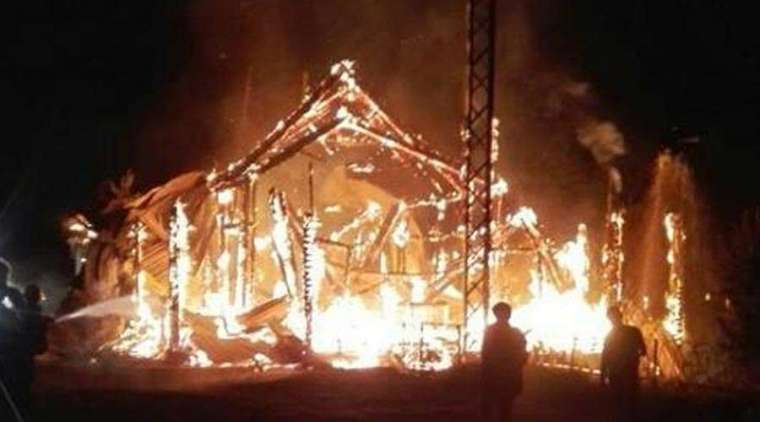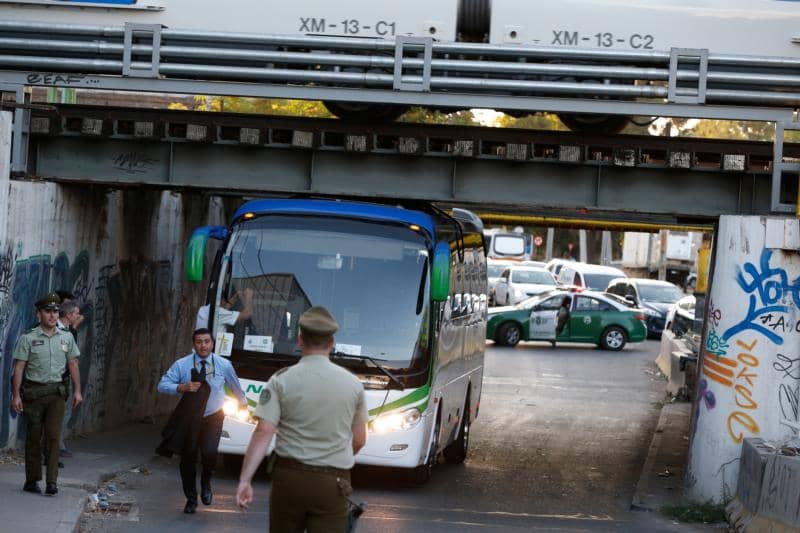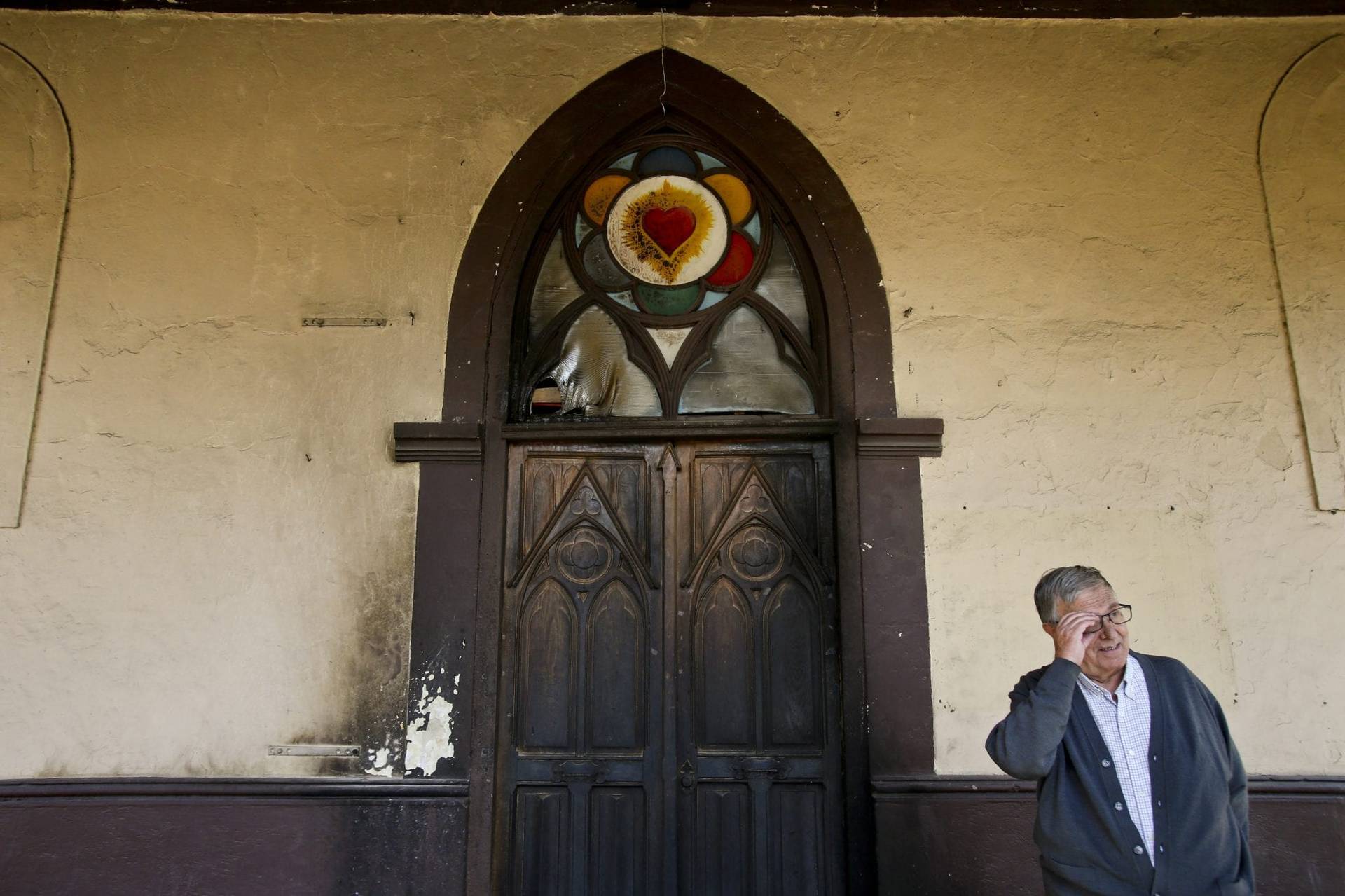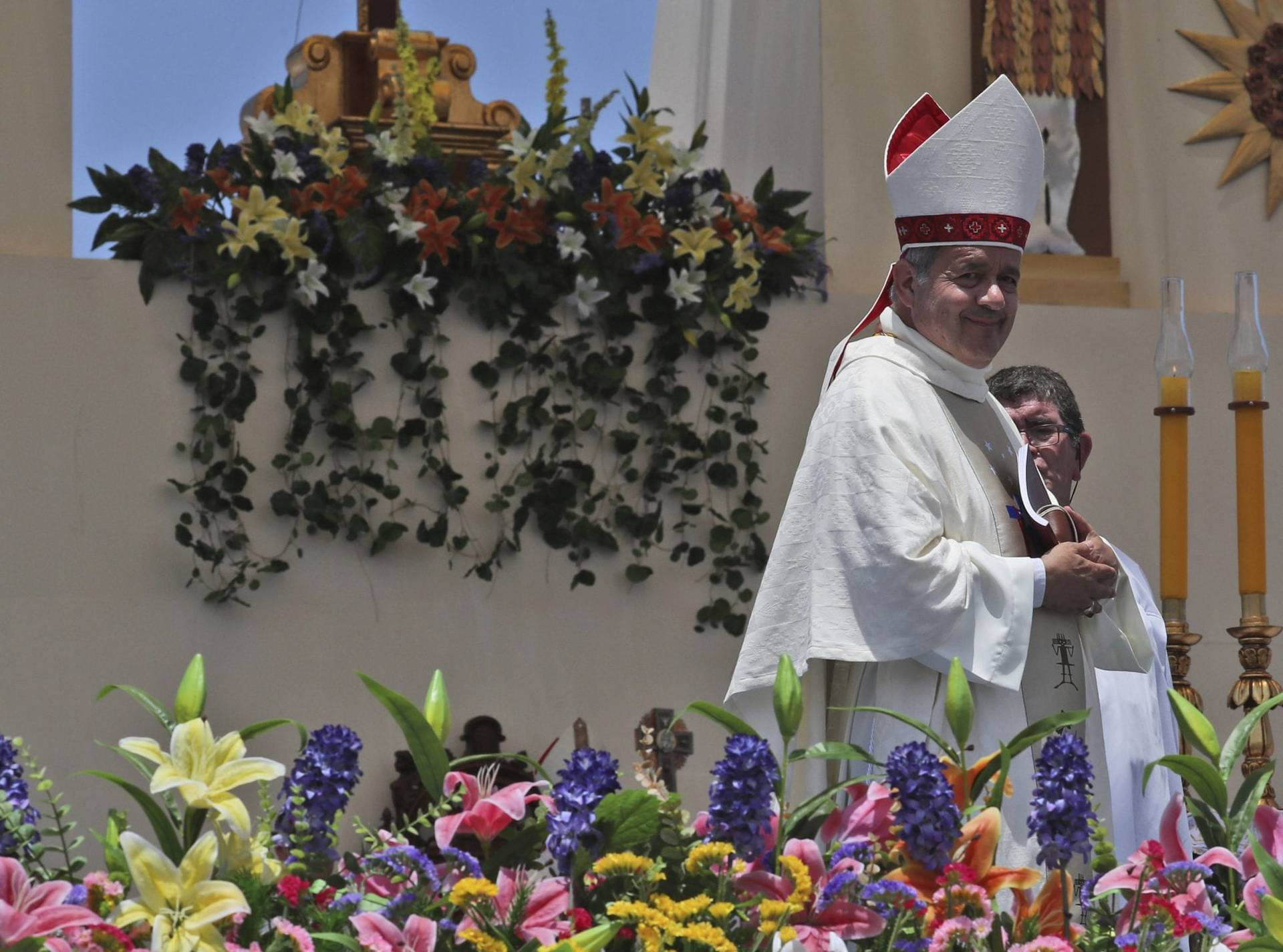ROME – As Pope Francis heads to Chile today, the $64,000 question seems to be, “Will his presence make a difference, given the deep political and ecclesiastical challenges that have proven so painful for Chile in recent years?”
One frame of reference might be the last time a pope traveled to what is, geographically, the world’s longest country: St. Pope John Paul II during the Augusto Pinochet years. By 1987, the military strongman had been widely accused of human rights violations, and not without reason. We now know that some 2,200 people were executed, over 25,000 tortured, and 200,000 forced into exile during his presidency.
While in the moment questions were asked about how much of an impact John Paul’s trip had made on Chile, the fact is that within a year a referendum effectively brought his reign to an end — a pattern that occurred many other places John Paul visited.
In the words of late Joaquín Navarro-Valls, John Paul II’s press secretary, “he was in Chile and Pinochet was out. He was in Haiti and Duvalier was out. He was in the Philippines and Marcos was out.” As one cardinal put it tongue-in-cheek, “the only dictator to survive a visit by John Paul was Fidel Castro.”
In a thread that connects the two papal visits across more than thirty years, Francis is scheduled to meet with two victims of Pinochet’s regime, who will hand him a letter.
What remains to be seen is whether Francis’s presence may have the same transformative impact as the last time a pontiff came calling. The odds of that happening, it would seem, are directly related to how successfully Francis navigates the difficult waters awaiting him.
The challenges Pope Francis faces
A recent poll shows that Chile is the country in Latin America where the pope has the lowest approval ratings, at only only 53 percent, well below the regional average of 68. In addition, only 36 percent of Chileans trust the Catholic Church as an institution.
The same poll, by Santiago-based think tank Latinobarometro, showed that the number of Chileans calling themselves Catholic fell to 45 percent last year, from 74 percent in 1995.
That loss of credibility has several roots, but speaking with Crux, sources identified two as the main ones: the Church’s response to cases of clerical sexual abuse, and growing secularization.
Bishop Fernando Ramos, auxiliary of Santiago and director of the visit, said that in recent years “well known cases of abuse” have impacted the Church’s credibility, but so has the uneven economic growth the country has experienced, “bringing a more individualistic and consumerist way of life.”
Scandals around Father Fernando Karadima, who was sentenced by the Church to a life of penance and prayer, continue to send shockwaves across the country, and the way the pope responds to it during his visit has been defined to Crux by one of his victims as a “test.”
RELATED: Pope to face fallout from abuse scandals in both Chile and Peru
The scandals, however, go beyond Karadima.
Three of today’s bishops were close collaborators and defended him publicly when the allegations first surfaced, and the pope’s decision to transfer one of them to a more prominent post caused uproar in 2015. There are other cases, including seven Marist brothers accused of allegedly abusing at least 30 children over a span of five decades.
Protests are expected along the path of the popemobile while Francis is in the country. Juan Carlos Claret Pool, among those organizing the protests, said they will be peaceful and respectful of the pope. They’ve requested a meeting with the pope, but so far, it’s not on the schedule.
Vatican spokesman American Greg Burke said that the Church has “maximum respect” for those planning to protest against clerical sexual abuse, and didn’t exclude the possibility of a private meeting of the pope with survivors.
Less peaceful have been assaults that have taken place in Chile before the visit, including arson attacks against several churches in Santiago. Also, an attempt to occupy the residence where Francis will be staying during the visit was made on Friday by a group known as Andha Chile.
RELATED: Bomb threats issued against Pope Francis ahead of Chile visit
La Araucanía and Chile’s indigenous peoples
Despite the loss of trust, the Church in Chile continues to be at the forefront on many social issues, including defense of Chile’s “original peoples.”
One of Francis’s most complicated stops during his Jan. 15-21 tour to Chile and Peru will be the southern city of Iquique, in the Araucanía region. Here, the Church is trying to build bridges of dialogue, largely siding with the grievances of the country’s indigenous population, which amounts to 12 percent of Chile’s 17.6 million citizens.
The conflict is highly complex, dating back to the 1500s when Chile was first colonized by the Spanish crown. The Araucanía region wasn’t incorporated into the country until the 1880s, when the national government occupied the area to end Mapuche resistance. In the 20th century, big forestry companies occupied many of the territories the Mapuche were claiming as ancestrally theirs, adding another variable to the already complicated equation.
Catholicism first arrived in the area with the Jesuits, some 50 years after the Spanish colonizers.
In recent years, small pockets of the Mapuche have turned to violence to highlight their plight, burning trucks belonging to the forestry companies, farms and at least 17 Christian churches, despite the fact that close to 70 percent of the community is Catholic.
“It’s true, evangelization wasn’t always easy, particularly because of the polygamy rooted in the Mapuche culture, but the majority have a great affection for the priests and are suffering with the current attacks,” said historian Francisco Javier González Errázuriz.
Nicolás Figari, executive director of Fundación Aitué, based in Araucanía, agrees. His foundation has commissioned a series of studies that prove the majority of the Mapuche are peaceful and don’t see violence as a way to make demands.
Furthermore, he said, these acts of violence actually hurt them, because they’re labeled as violent people when they’re not.
“They’ve opted to burn down churches because they’ve realized that the Church, especially through the bishop, is looking for new paths of dialogue and encounter,” Figari told Crux.
He believes the conflict is multifaceted, including a historical element, but also driven by uneven development — this is Chile’s poorest region — and a lack of respect, acknowledgement and participation of the Mapuche in the making of public policies.
“When it comes to acknowledgement, it’s not only about material things, like economic reparation,” Figari said. “They also deserve an apology, as Bachelet did last year, for the ‘errors and horrors’ committed against the Mapuche.” The reference was to Chilean President Michelle Bachelet.
Furthermore, he said, there are “symbolic gestures,” such as officially recognizing Mapudungun as a national language, that would help too.
This will be the second time a pope visits Temuco. During his visit in 1987, John Paul II gave a pointed nod to the Mapuche, saying that faith in God could overcome all human-caused problems.
“Today from Temuco, the pope encourages the Mapuche to preserve, with well-founded pride, the culture of their People, their own traditions, customs, language and values,” John Paul said at the time, adding that “also today the Church wishes to support you in your demands, with respect to your legitimate rights, so far as this does not cause you to forget your obligations.”
History’s first Latin American Pope too has backed indigenous rights, and has frequently spoken out about the plight of indigenous people in resisting economic development that threatens their lands. He’s expected to do so again both in Chile and Peru.













